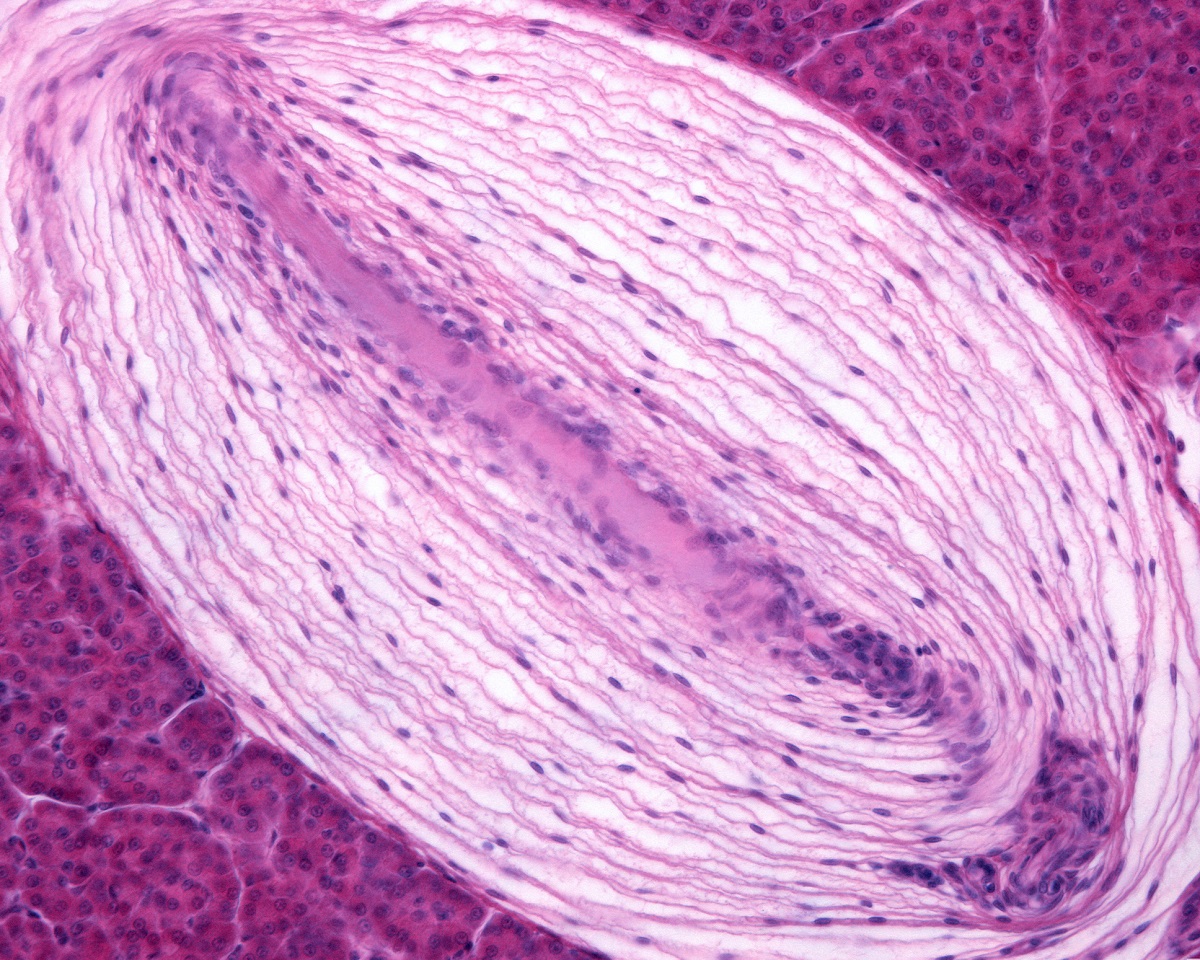KEY TAKEAWAYS
- The study aimed to investigate how chemotherapy and tumor factors impact monocytes in patients with HGSOC.
- Chemotherapy boosts antigen presentation in monocytes by increasing MHC class II expression, enhancing immunotherapy potential in HGSOC.
Ovarian cancer, particularly high-grade serous ovarian cancer (HGSOC), presents significant clinical challenges due to late diagnosis and high relapse rates following standard platinum-based chemotherapy. Immunotherapy offers a promising avenue for treatment, but its efficacy depends on effective antigen presentation, a crucial process for triggering cytotoxic immune responses.
Irina Larionova and the team aimed to investigate tumor-specific transcriptional and epigenetic changes in peripheral blood monocytes of patients with HGSOC and determine how chemotherapy influences these monocytes and other immune subpopulations in the blood.
Researchers performed single-cell RNA sequencing of peripheral blood mononuclear cells (PBMCs) obtained from patients with HGSOC who underwent neoadjuvant chemotherapy (NACT) and treatment-naïve patients.
About 3 distinct monocyte subpopulations (CD14.Mn.S100A8.9hi, CD14.Mn.MHC2hi, and CD16.Mn) were identified based on gene expression profiles. Notably, NACT significantly impacted monocytes by transcriptionally upregulating MHC class II molecules, crucial for antigen presentation.
This upregulation was observed across all 3 monocyte subpopulations post-chemotherapy. Furthermore, chemotherapy was found to inhibit interferon-dependent signalling pathways while activating certain TGFb-related genes.
The study demonstrated that chemotherapy enhances antigen presentation in monocytes of patients with HGSOC by increasing MHC class II molecule expression. These findings suggested that chemotherapy could potentially prime the immune response in ovarian cancer, improving the efficacy of immunotherapy either as a combination therapy or a monotherapy regimen.
This work was supported by the Russian Science Foundation, grant RSF 21-75-10021 (to IL), a state contract of the Ministry of Science and Higher Education of the Russian Federation “Genetic and epigenetic editing of tumor cells and microenvironment in order to block metastasis” no. 075-15-2021-1073 (to JK), and BSMU Strategic Academic Leadership Program PRIORITY-2030 (to VP).
Source: https://pubmed.ncbi.nlm.nih.gov/39315092/
Larionova I, Iamshchikov P, Kazakova A, et al. (2024). “Platinum-based chemotherapy promotes antigen presenting potential in monocytes of patients with high-grade serous ovarian carcinoma.” Front Immunol. 2024;15:1414716. Published 2024 Sep 9. doi:10.3389/fimmu.2024.1414716



